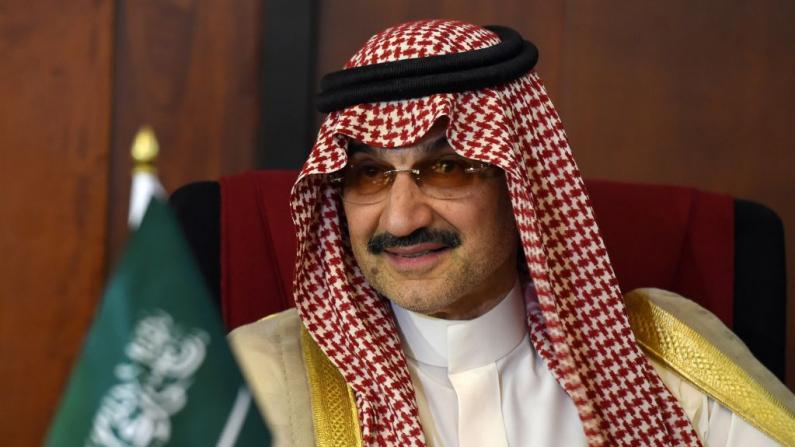Elon Musk’s ambitious bid to take Twitter private under his ownership has hit a roadblock as Saudi investors are rejecting the Tesla CEO’s offer, causing Twitter shares to drop and setting the stage for a bitter struggle for control of the social media giant.
On Thursday, several hours after Musk announced his “final offer” to buy Twitter outright, the Saudi Arabian Prince Al Waleed bin Talal Al Saud responded that the offer was not acceptable to him. Al Waleed purchased a 5.2 percent stake in the company in 2015, and if it is assumed that he has retained these shares, he would count among Twitter’s largest shareholders (it has been reported that Al Waleed sold many of his shares in the subsequent years).





